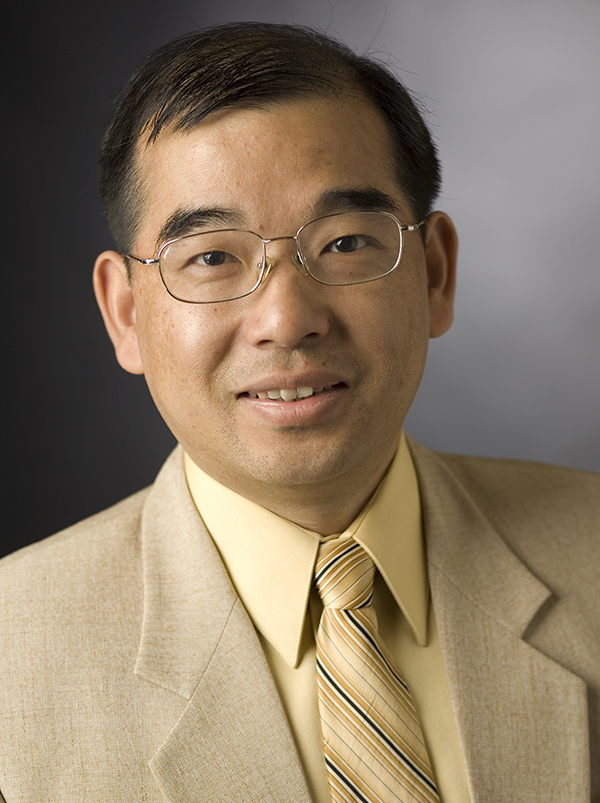Two named Howard Hughes Medical Institute scholars
By Krishna Ramanujan


A Cornell scientist studying the cellular machinery that makes proteins and a Boyce Thompson Institute (BTI) researcher who investigates small molecules in roundworms with implications for human disease have each been named Howard Hughes Medical Institute (HHMI) Faculty Scholars.
Shu-Bing Qian, associate professor of nutritional sciences, received $1.5 million over five years, and Frank Schroeder, associate professor at the Cornell-affiliated BTI and in the Department of Chemistry and Chemical Biology, was awarded $900,000 over five years.
The inaugural program from HHMI, the Simons Foundation and the Bill & Melinda Gates Foundation supports early-career scientists who have “great potential to make unique contributions to their fields.” Awards were given to 84 scientists nationwide who apply molecular, genetic, computational and theoretical approaches to fundamental problems in biology.
Qian’s research investigates mRNA translation machinery and protein synthesis and the mechanisms that control the speed, rate and quality of protein products during events such as cell growth, differentiation or stress responses. He studies implications to diabetes, cancer, aging and neurodegenerative disorders when the translation machinery fails to work properly. He is also interested in exploring ways to manipulate these processes to treat these diseases.
“This award is very prestigious,” said Qian. “For me, it is an important propeller to take a leap forward with better momentum. They give you complete freedom for whatever you want to pursue, so that’s a distinct feature compared to other awards.”
Schroeder studies small molecules in the roundworm Caenorhabditis elegans, an important model for human disease. These chemically diverse small molecules regulate life span, reproduction, behavior and other functions, often through signaling pathways that are shared throughout the animal kingdom. Small molecules called ascarosides offer distinctive opportunities for treating human diseases, for example, by potentially disrupting the life cycles of parasitic worms that cause several tropical diseases.
Ascarosides are also detected by plant immune systems, and Schroeder has shown these small compounds can be used to prevent crop plant diseases.
“The HHMI Faculty Scholars award will provide generous support for high-risk, innovative research in the area of metabolomics and small-molecule signaling. This is a great opportunity for my lab and BTI,” Schroeder said.
Media Contact
Get Cornell news delivered right to your inbox.
Subscribe